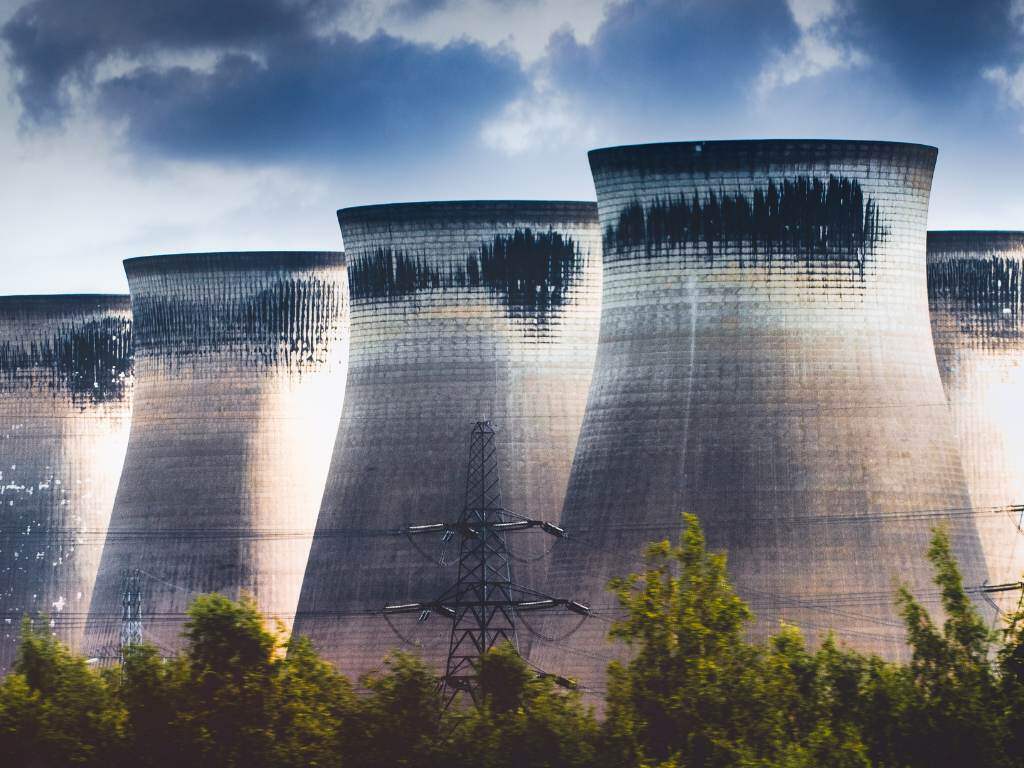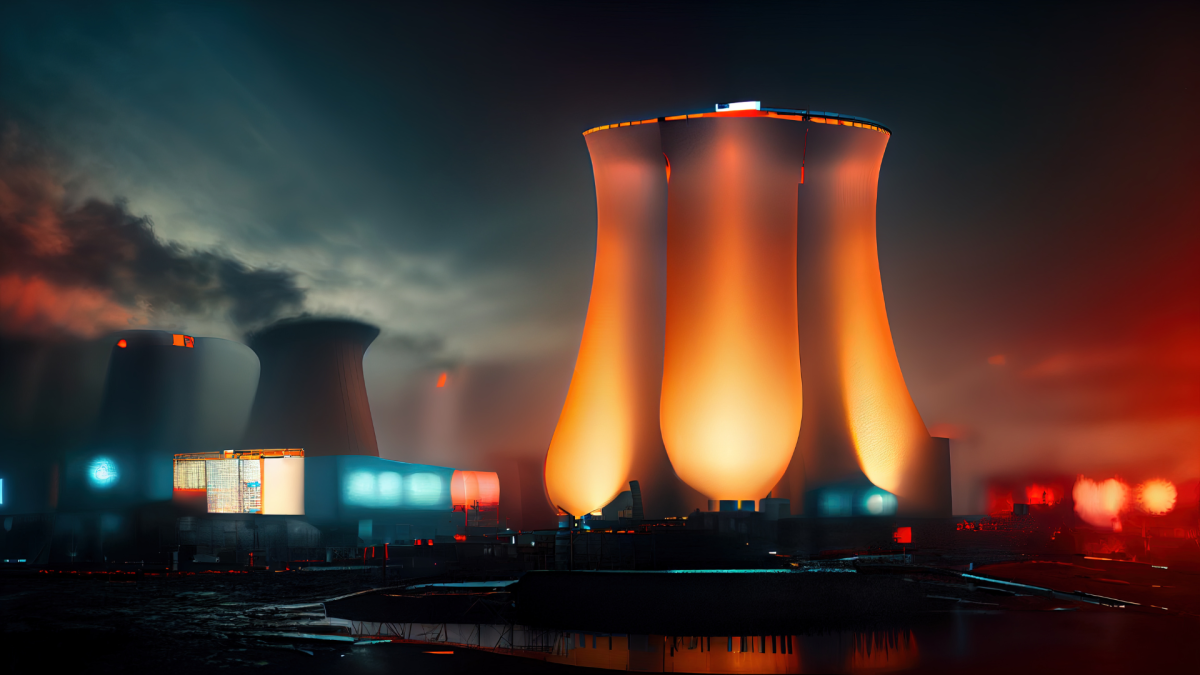
Future of UK Nuclear: Engineering and Supplier Perspectives
The United Kingdom is at a crucial milestone in reshaping its energy landscape, driven by the need to reduce greenhouse gas emissions and enhance energy security. As the UK transitions to a low-carbon economy, nuclear power is emerging as a vital component, offering reliable, low-cost, and low-carbon electricity.
However, realising this potential involves significant challenges, particularly in engineering and supply chain management. Hythe Engineering excels in designing and fabricating essential components for nuclear engineering projects.
The Current Landscape of UK Nuclear Energy
To meet its climate goals, the UK government aims to achieve net-zero greenhouse gas emissions by 2050 and decarbonise electricity generation by 2030. The decisions made today will profoundly influence the future of the UK’s renewable energy sector.
As electricity demand is expected to double by 2050, nuclear power is essential for providing reliable baseload energy, balancing renewable sources, and minimising decarbonisation costs.
The Urgent Need for New Nuclear Investment
The UK’s energy infrastructure is ageing rapidly, with 26 nuclear power plants having closed since 2010, representing 20% of the country’s generation capacity. By 2030, an additional 35% of existing nuclear capacity is set to be retired. There is an urgent need to invest in new, clean, and reliable electricity generation. Nuclear power generation, as the most affordable large-scale, low-carbon energy source available, is poised to play a crucial role in bridging this gap.
Overview of UK Nuclear Power
The UK’s nuclear power strategy is ambitious, with the government’s 2022 Energy Security Strategy setting a target of generating 24 gigawatts (GWe) from nuclear power stations by 2050, which would account for up to 25% of the UK’s projected electricity demand.
However, the current nuclear fleet, consisting of five operational power plants with a total capacity of 5.9GWe, is nearing the end of its operational life. Most of these reactors, built between the 1960s and 1980s, are scheduled for retirement by the end of this decade.
The urgency to replace this capacity is clear, and the UK is taking steps to develop new nuclear power plants. Four gigawatt-scale reactor designs have been approved for new builds and have completed the UK’s rigorous Generic Design Assessment (GDA), paving the way for their construction across various sites. The UK is also exploring the development of Small Modular Reactors (SMRs), which offer an innovative solution to delivering low-carbon power efficiently and affordably.
Innovations in Nuclear Technology: Small Modular Reactors
Small Modular Reactors (SMR) represent a transformative approach to nuclear power, offering a modular solution that can be manufactured centrally and deployed across the UK or even exported internationally. This approach promises to reduce costs, speed up installation, and minimise on-site construction work.
The Rolls-Royce SMR, a 470MWe pressurised water reactor, is one of the leading designs. Other SMRs, such as Holtec’s SMR-300 and GE Hitachi’s BWRX-300, are also advancing with government support.

Opportunities and Challenges Facing the UK Nuclear Engineering Sector
Supply Chain Opportunities and Challenges
The expansion of the UK’s nuclear power sector presents substantial opportunities for engineering and suppliers. It is estimated that UK companies, from top-tier suppliers to specialist SMEs, could supply around 60% by value of the work required for the nuclear new build program.
The civil nuclear supply chain, particularly in the metals industry, stands to benefit significantly. Nuclear power stations require vast quantities of steel, used in components such as reactor pressure vessels, turbine rotors, and containment structures.
Hythe Engineering, with its strong track record in the defence sector, is well-positioned to meet the high standards of regulatory compliance, safety, and quality in nuclear projects.
Bridging the Skills Gap and Fostering Innovation
A major challenge identified in the UK’s nuclear strategy is the looming skills gap. With 53% of the current nuclear workforce over 45 years old and only 20% under the age of 34, the industry faces a potential loss of expertise as experienced professionals retire. Addressing this skills gap is crucial to ensuring the successful delivery of new nuclear projects.
Strategic workforce planning, including collaboration with academic institutions and research organisations to attract and train new talent, will be essential. Building a robust pipeline of skilled professionals will support the industry’s evolving demands and ensure the long-term viability of the UK’s nuclear sector.
International Collaboration and Public Engagement
International partnerships are another key element in advancing the UK’s nuclear ambitions. Collaborating with global organisations such as the World Association of Nuclear Operators (WANO) and the International Atomic Energy Agency (IAEA) will facilitate technology sharing, access to global expertise, and cost-sharing, enhancing the UK’s nuclear capabilities and ensuring the adoption of best practices.
Enhancing Safety Measures in Nuclear Engineering
The nuclear industry puts safety first. It always works to improve safety measures and avoid accidents. International groups, like the International Atomic Energy Agency (IAEA), help set and support global safety standards for nuclear plants’ design, building, and operation.
In the UK, the Office for Nuclear Regulation (ONR) makes strict safety rules. These rules protect people and the environment. They cover everything, including how reactors are designed, and built, waste is handled, and emergency plans are made.
Navigating Regulatory Compliance and the Nuclear Supply Chain
Operating in the nuclear sector requires strict adherence to regulatory compliance and safety standards. Hythe Engineering has built a strong track record in delivering projects on time and within budget, with a focus on full regulatory compliance and zero health and safety incidents. The company’s experience in the defence sector, which has similar specifications and regulatory requirements, further strengthens its capability to meet the high standards expected in nuclear engineering.
Hythe Engineering works closely with tier 1 and tier 2 suppliers, ensuring that all components meet the necessary security clearances and quality standards required for nuclear projects. This collaborative approach enables the company to deliver bespoke engineering solutions that are both innovative and compliant with industry regulations.
Conclusion: Future of Nuclear Energy and Engineering Services
The UK’s nuclear power sector faces significant opportunities and challenges. Engineering innovations, particularly in SMRs, coupled with a strong supply chain and skilled workforce, will be key to realising the UK’s nuclear ambitions. The decisions made today will shape the future of the UK’s energy landscape, ensuring a reliable, low-carbon, and secure energy supply.
Engineering Solutions for the Nuclear Market
Hythe Engineering’s expertise in fabrication, regulatory compliance, and innovative nuclear technologies positions the company as a key player in delivering bespoke engineering solutions for the UK’s nuclear future.
Frequently Asked Questions
What Is the Expected Growth of Nuclear Engineering Jobs in the UK?
The job market for nuclear engineering in the UK is expected to grow a lot in the next decade. New nuclear projects and the need to replace retiring workers will lead to a high demand for skilled nuclear engineers in different areas.
How Do SMRs Differ from Traditional Nuclear Reactors?
SMRs are different from traditional nuclear reactors mainly because they are smaller, have a modular design, and include better safety features. Their smaller size helps with energy efficiency. It also means they can be built faster and can be placed in more flexible locations when compared to larger and more complicated traditional reactors.
What Are the Environmental Impacts of Nuclear Waste Disposal?
The effect of nuclear waste on the environment depends a lot on how we dispose of it and what kind of radioactive waste it is. Geological disposal is the best way for high-level waste. It keeps waste deep underground, which helps protect the environment. This method makes sure that the waste is contained for a long time and reduces risks to ecosystems.
Can Nuclear Power Help the UK Achieve Its Carbon Reduction Goals?
Nuclear power is important for the UK’s electricity generation and the country’s goal to create cleaner energy. This clean power reduces carbon emissions and supports the UK’s climate goals.